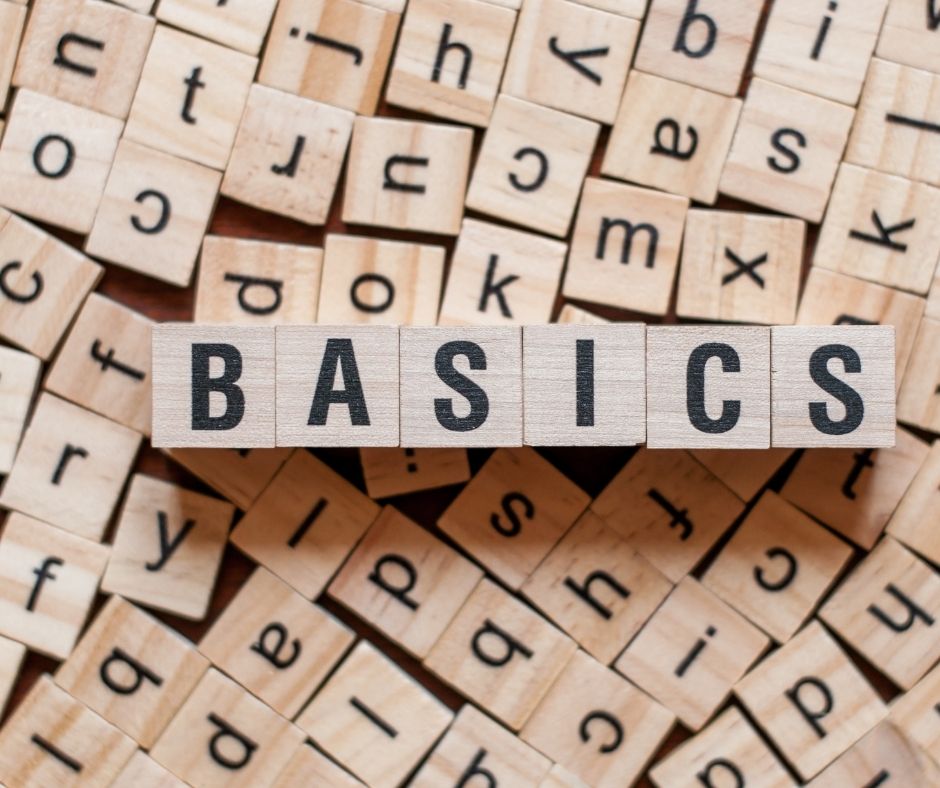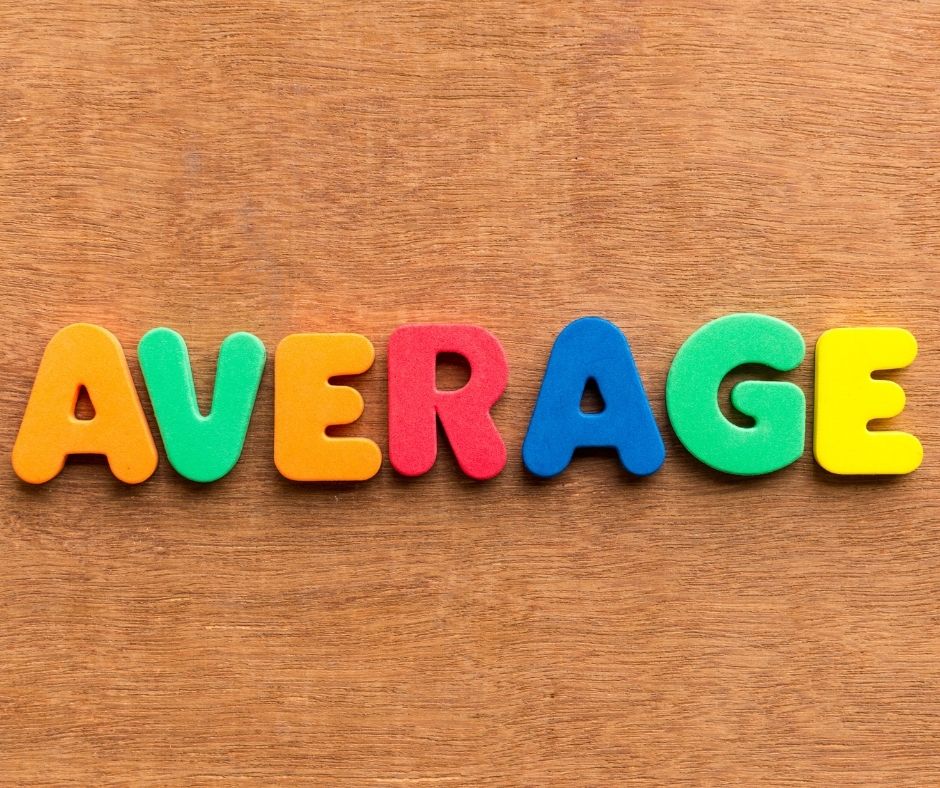universal life insurance
Life insurance is a contract between the policyholder and the insurance company in which the insurer agrees to pay a designated beneficiary an agreed-upon amount upon the insured individual's death. Unlike other types of insurance, life insurance generally requires no medical exam before being approved for coverage and can be purchased simply by answering a few health questions. Different policies offer various ranges and payment options along with varying premiums. Understanding your needs, budget, and goals will help you choose the best policy that fits your current lifestyle.
Life insurance pays a death benefit to the beneficiary upon the insured's death. The death benefit amount is determined by the policyholder when they set up their life insurance contract, so it can be scaled to fit their budget and needs appropriately. Life insurance contracts may offer additional benefits, such as living benefits, depending on the company offering them. Living benefits may include coverage for critical illness and long-term care. Before you take out a policy, it is vital to understand all clauses of a life insurance policy, such as exclusions and requirements for claim filing.



